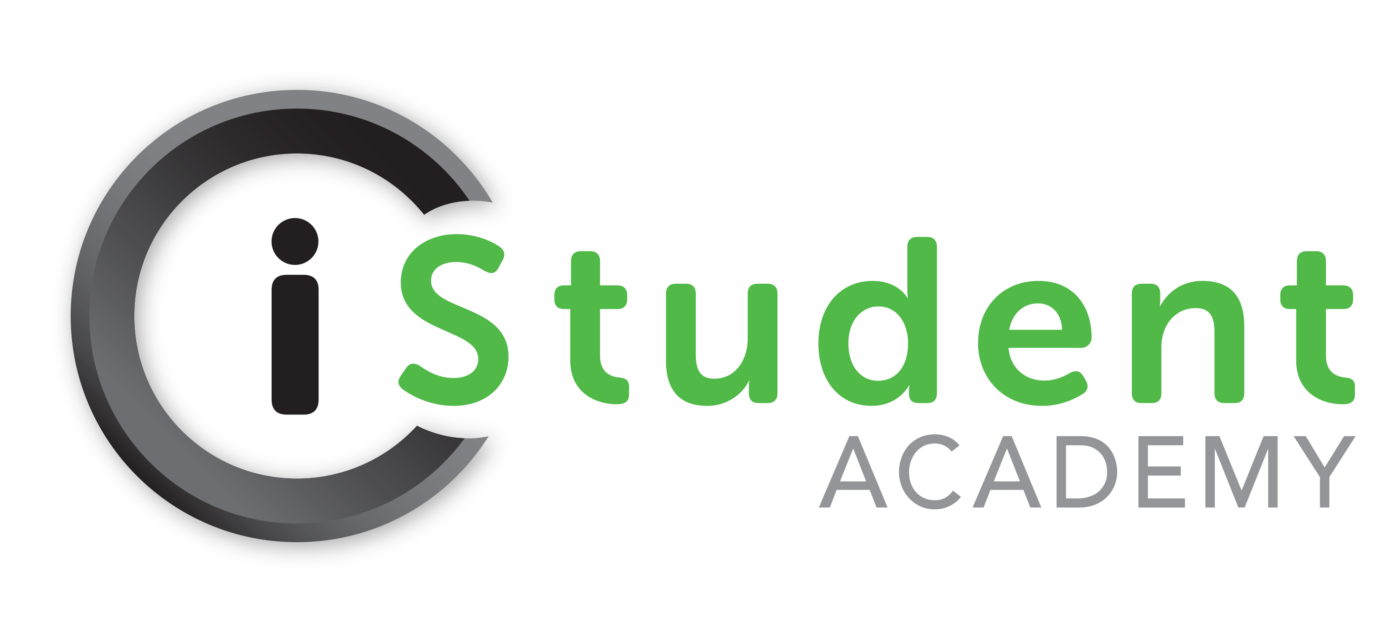This module focuses on introducing and developing students’ business computing skills and their understanding of computing in a business environment.
Business computing skills covered in the course relate to spreadsheets, word processing, search techniques and the use of computers as a presentation medium, using the Windows Operating Systems and Microsoft Word, Excel and PowerPoint.
The aim of this module is to teach learners to communicate effectively in a business environment, using a variety of techniques including oral and written communication skills.
This module focuses on introducing and developing students’ logical thinking, Mathematics and Basic Calculation skills for Computer Software Engineering.
This module aims to introduce learners to hardware and software fundamentals, such as PC infrastructure, peripherals, troubleshooting and installations.
It will also introduce learners to basic Networking concepts such as topologies, WiFi, IP Addressing, LAN, WAN, network configurations and security principles.
This module covers the Microsoft MTA curriculum for 40363, 40361, 40375 and 40364.
The module aims to introduce learners to underpinning programming concepts, platforms, and testing of code, including HTML, CSS, Javascript, SQL, Python and C#.
This module focuses on developing interactive web forms, pages and sites using Javascript, HTML and CSS.
This module prepares students for the Microsoft Azure Database Developer Associate Certification.
This module aims to teach learners what databases are, why they are required, querying, administering and implementing them in a business, using SQL.
This module prepares students for the Microsoft Certified Azure Developer Associate Certification.
Students will learn to code more complex software solutions using Javascript, C# and Python.
This module introduces learners to the concepts of Design Thinking for Innovation.
It also covers topics including 4IR and Future Skills.





